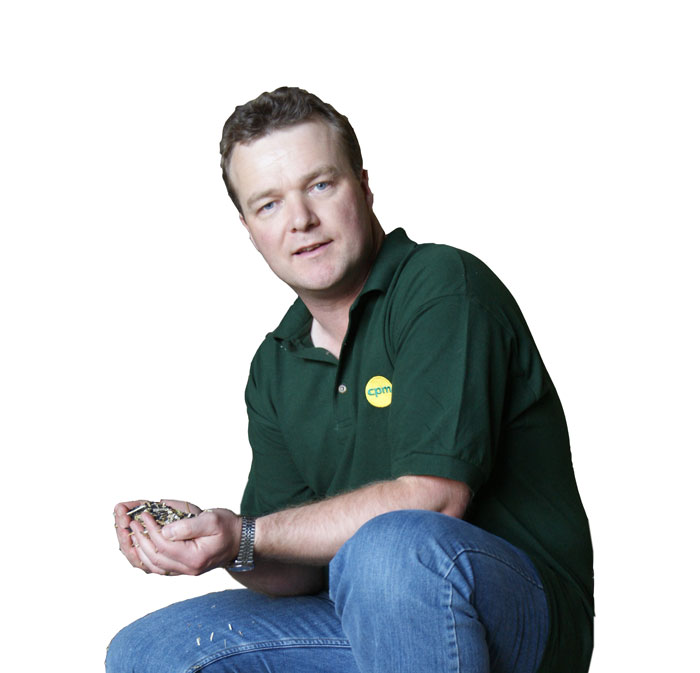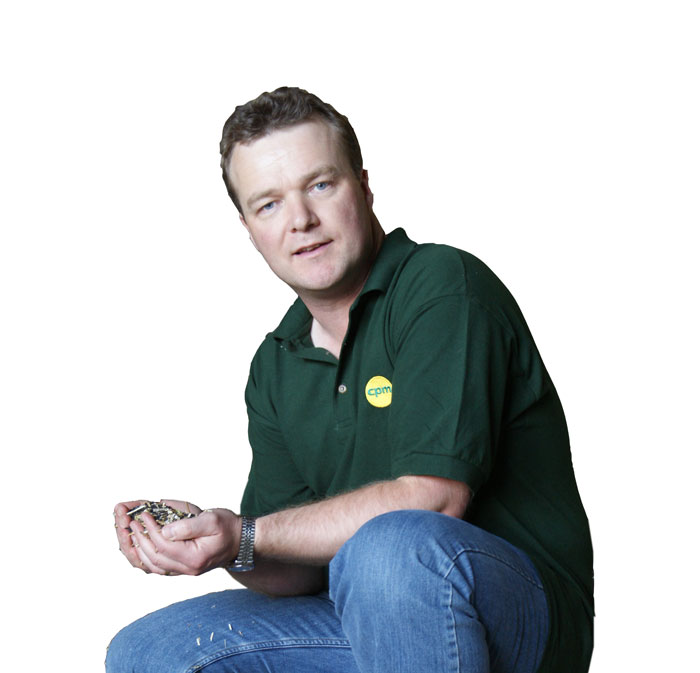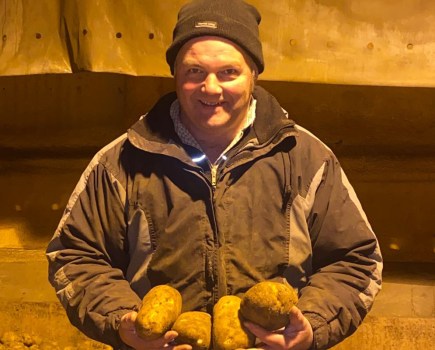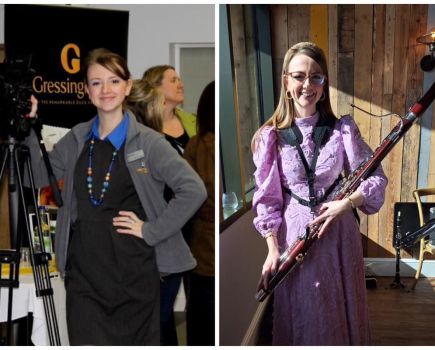 As we’re now within the last 12 months before we officially leave the EU and a new farming policy looms, I’ve resolved to do two things this month: enter a field into YEN and do my LEAF Audit. One’s about where my crop should be aiming while the other’s about ensuring everything else is in balance.
As we’re now within the last 12 months before we officially leave the EU and a new farming policy looms, I’ve resolved to do two things this month: enter a field into YEN and do my LEAF Audit. One’s about where my crop should be aiming while the other’s about ensuring everything else is in balance.
As far as YEN is concerned, I’ve slightly fallen into the vanity-YEN category – those who only put forward a crop because it looks an absolute picture. In my case, it’s triticale, which has been growing furiously ever since we introduced the seed to the dirt in mid Oct, and now has plenty of biomass.
That’s good news – we’re told that biomass is king – but the focus now is to turn that biomass into yield, and that’s the main reason I’ve joined YEN. I do think it’s proven itself as a tool to help growers focus their efforts throughout the growing season. There are a number of growers now lifting themselves off the yield plateau, and YEN may have a role to play here, not least because of the discipline it brings. Having said that, I’ve now talked myself into applying that discipline to my crop, so I’ll only have myself to blame if tiller counts, ear counts and all the other bits aren’t done.
The other aspect about YEN, and why I’m keen to be involved, is its role in taking on-farm trials forward. This month in CPM we have exclusive news of a new EU-funded research project involving YEN farmers. It’s significant because it could provide a ground-breaking new way to bring more research onto farms and into the hands of farmers.
Nor is it the only route, and the really heartening aspect about this new project is the number of interested parties involved, all aligned in the same direction – there’s real opportunity for farming here, and CPM readers are well placed to benefit.
So why LEAF? It’s during times of uncertainty you feel you have to do a bit of a sense check. Rather like a good Christian would turn to the Bible, a good farmer turns to LEAF to check the farming compass is still pointing in the direction it should.
What’s concerned me is the conversation around the current Defra consultation on a future food, farming and environment policy. There are many, many voices that want to have a say in this. Some are justified. But there are others – let’s call them Guardian readers – who in my view, have little right to join the conversation or attempt to skew its direction to meet their own narrow ends.
Sometimes, I feel the direction of their arguments is diametrically opposed to my interest as an arable farmer. I have no choice but to leave Defra to be the filter and to trust Michael Gove to strike the right balance that will bring opportunities for a productive agriculture, while safeguarding the nation’s natural capital.
So I want my voice to be heard, and I want my submission to this consultation to matter. But it’s equally important I don’t waste my opportunity by coming across as representing a narrow interest group of pesticide junkies who use high horsepower tractors to beat their soils into submission, in the name of feeding the nation. Frankly, some of the conversations I’ve seen on Twitter and elsewhere suggest there are many in arable farming who could be viewed in that light.
Which is why it’s time to check my farming compass, and experience tells me the LEAF Audit is the best tool that’ll do that. My view as a farmer counts in this consultation, but I know I will come across with most authority if I speak honestly and from my own experiences on my own farm. If I say I look after my soils, I want to be sure that I do. If I say I create the right environment for farmland birds, I must be confident that is indeed the case. And if I say my farming methods don’t kill bees I have to know that’s the truth.
So jobs to do in April include taking soil samples from my YEN field and taking pictures of the crop. But at the same time, I’ll be checking the ditches and drains, keeping the winter bird food going and checking the state of my arable margins. And that’s before I’ve done the LEAF Audit, my BPS forms and, of course, completed the consultation submission – looks like it’s shaping up to be a busy month.
Tom Allen-Stevens has a 170ha arable farm in Oxon, and wonders where the farming compass was pointing when the RPA drew up the farm’s maps. @tomallenstevens




